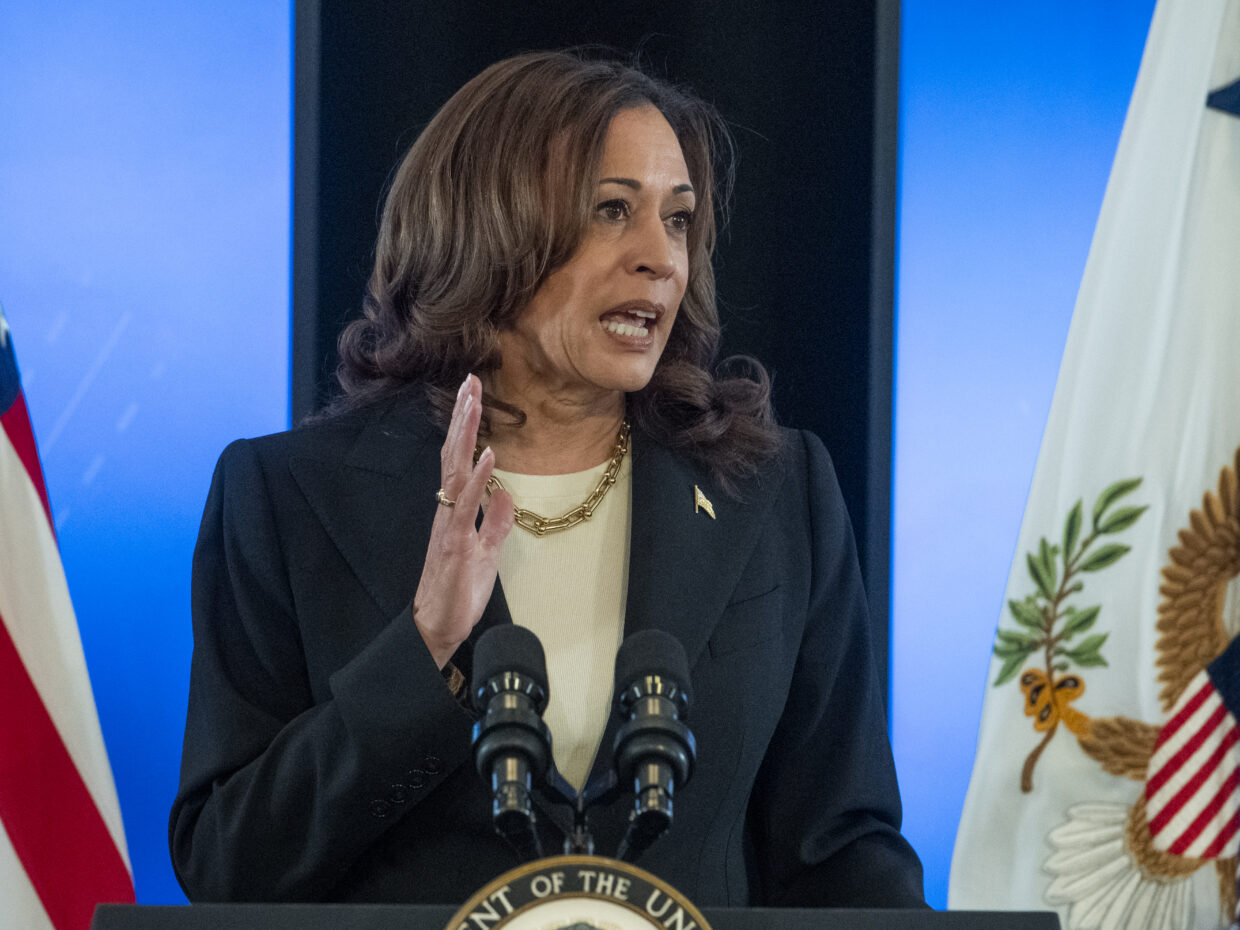Dr. Nola Haynes examines “From Vision to Victory,” from the Congressional Black Caucus’s 53rd Annual Legislative Conference and what it says about the culture.
The Congressional Black Caucus (CBC) plays a pivotal role in advocating for the rights and interests of African Americans and other marginalized communities in the United States. The CBC’s 53rd Annual Legislative Conference (ALC) serves as a vital platform to address critical issues affecting the Black community. This year, the theme “From Vision to Victory” underscores a commitment to transforming visionary ideas into tangible legislative outcomes. The conference agenda focuses on five key areas: racial equity, economic empowerment, climate justice, health disparities, and criminal justice reform. These areas have long been at the forefront of hip-hop and rap topics, in a way that resonates with the people.
How can the culture advance from to vison to victory?
Racial equity is at the forefront of the CBC’s agenda, emphasizing the need for policies that dismantle systemic racism and promote equality in all sectors. The legacy of racial inequity has manifested in various forms, including disparities in education, housing, and employment. The CBC seeks to create a framework that ensures fair treatment and access to opportunities for all individuals, regardless of their race. This aligns with the early Hip-Hop movement, which emerged as a voice for the voiceless, addressing issues of race and promoting empowerment through art and culture.
Economic empowerment is another critical agenda point for the CBC. Economic disparity continues to plague communities of color, stifling growth and opportunity. The CBC advocates for initiatives that support minority-owned businesses, equitable access to capital, and workforce development programs. Hip-Hop culture has long celebrated entrepreneurship, with many artists using their platforms to uplift their communities economically. By recalling this entrepreneurial spirit, Hip-Hop can inspire new generations to pursue economic independence while influencing policy changes that facilitate access to resources and funding.
Climate justice is increasingly becoming a focal point of social justice movements, and the CBC recognizes the disproportionate impact of climate change on Black communities. Environmental degradation often exacerbates existing inequalities, affecting health outcomes and economic viability. The CBC champions initiatives that address these disparities, promoting sustainable practices and policies that protect vulnerable communities. Hip-Hop has historically been a platform for environmental awareness, with artists using their influence to highlight climate issues. By revisiting these themes, Hip-Hop can galvanize support for climate justice (as does the Hip-Hop Caucus), encouraging collective action toward sustainable solutions.
Health disparities, particularly evident during the COVID-19 pandemic, remain a pressing concern for the CBC. Access to quality healthcare, mental health services, and nutritious food is often limited in Black communities. The CBC advocates for policies that ensure equitable healthcare access and address the social determinants of health. Early Hip-Hop artists often spoke about the importance of community and health, using their music to raise awareness about the need for better resources. By leveraging this cultural heritage, Hip-Hop can play a crucial role in promoting health equity and mobilizing communities to advocate for systemic change.
Finally, criminal justice reform is a cornerstone of the CBC’s agenda. The movement against mass incarceration and police brutality has gained momentum, and the CBC is committed to enacting meaningful reforms that promote justice and accountability. Hip-Hop has always been intertwined with narratives of resistance against systemic oppression, making it a powerful vehicle for advocacy and change. By revisiting the foundational themes of social justice within Hip-Hop, artists can inspire action and support for policies that champion reform and equality.
The CBC’s 53rd Annual Legislative Conference’s theme – “From Vision to Victory” – emphasizes the interconnectedness of racial equity, economic empowerment, climate justice, health disparities, and criminal justice reform. If Hip-Hop culture can truly recall its early vision of social justice and empowerment, it can effectively contribute to advancing these crucial issues, moving the needle toward policy victories. By harnessing the power of music and activism, hip-hop can continue to play a vital role in shaping a more equitable and just society, moving the vision to victory.
Dr. Nola Haynes is a noted Political Scientist at Georgetown University who sits at various intersections of policy, politics and culture. A foreign policy expert, her expertise is in national security.
